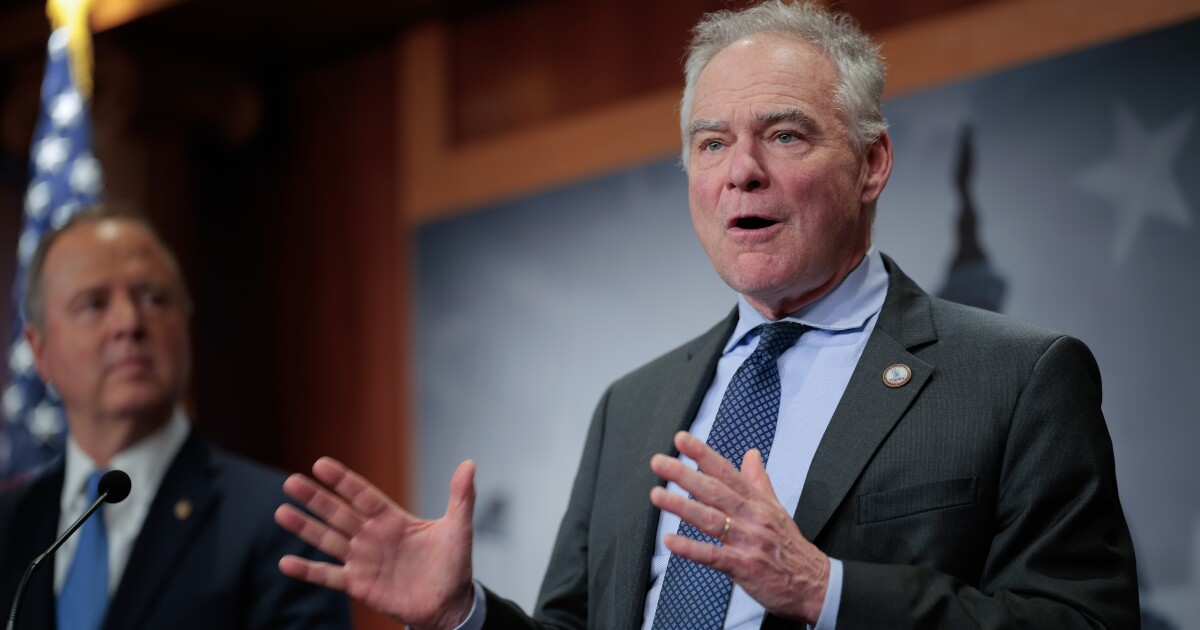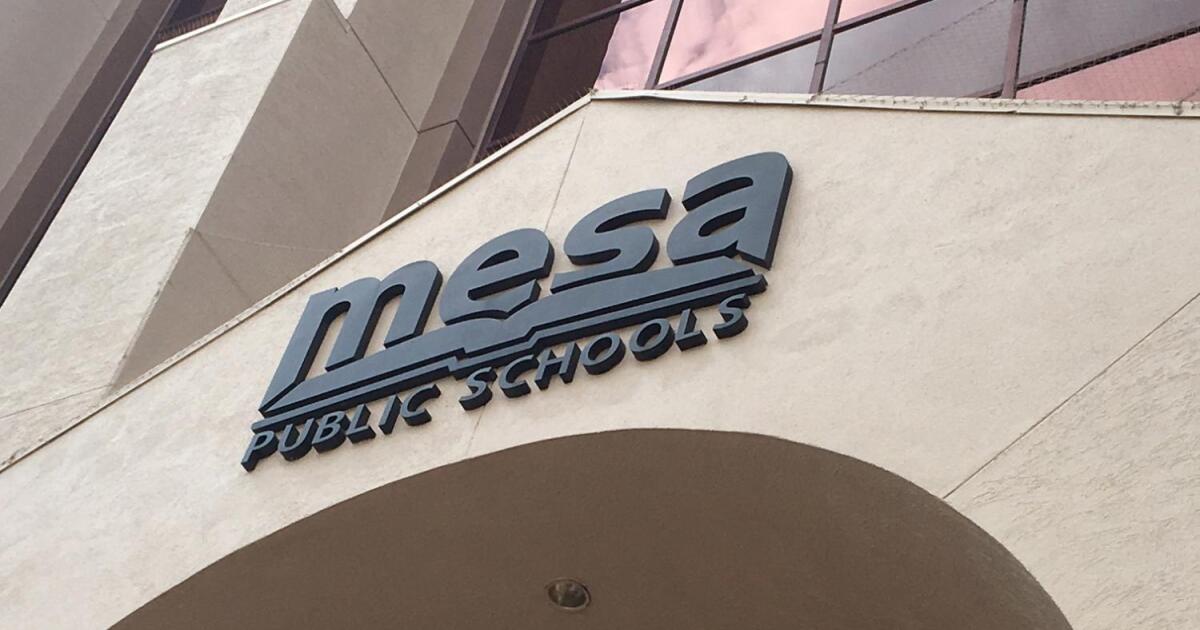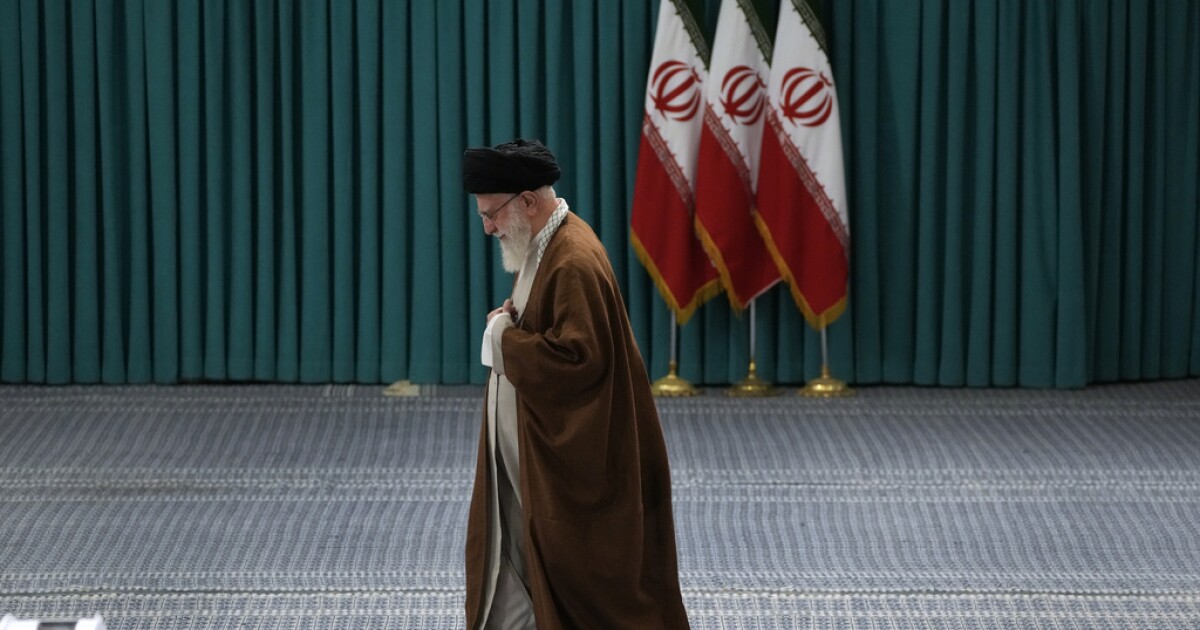The House of Representatives has passed a controversial measure to retract $9 billion in funds previously allocated, significantly impacting public broadcasting and foreign aid. This decision includes a $1.1 billion cut for the Corporation for Public Broadcasting (CPB), effectively eliminating federal support for entities like NPR and PBS, while an additional $7 billion is withdrawn from foreign aid.
With a narrow 216-213 vote, the bill, now awaiting President Trump’s signature, saw opposition from two Republicans alongside all Democrats in the chamber. NPR’s CEO, Katherine Maher, quickly responded, describing the decision as an “irreversible loss” and a neglect of public interest. She emphasized the importance of public funding, which supports cultural and educational programming, for a mere $1.60 per American annually.
Rep. Alma Adams of North Carolina highlighted the critical role public broadcasting played during Hurricane Helene, when other communication channels failed. She noted how public radio served as a vital news source amidst widespread outages.
The Senate previously engaged in a “vote-a-rama” to address several amendments to the rescission package, with most failing along party lines. Notably, an amendment safeguarding PEPFAR, a U.S. AIDS relief initiative, was approved.
This legislative move means CPB will lose $1.1 billion intended for the next two years, and an additional $7.9 billion will be cut from other programs. CPB acts as a financial conduit for NPR, PBS, and their member stations, which rely more heavily on federal funding. NPR cautioned that many member stations, especially those in rural areas or serving minority groups, might face closure due to these cuts.
Senator Mike Rounds from South Dakota announced a deal to continue funding 28 stations catering to Native American listeners. However, Loris Taylor, President of Native Public Media, criticized the compromise as “structurally impractical.”
Paula Kerger, PBS’s CEO, expressed concern over the cuts, which she believes contradict public opinion. With PBS receiving about 15% of its revenue from CPB, Kerger emphasized the detrimental impact on smaller and rural stations.
Recent polling by Harris Poll indicates that 66% of Americans favor federal funding for public radio, considering it a good investment, with bipartisan support reflected in 58% of Republicans and 77% of Democrats backing the funding.
In recent times, NPR has faced criticism from conservatives for alleged political bias. An essay by former NPR business editor Uri Berliner, published by The Free Press, argued that NPR’s diversity drive narrowed its perspective, which led to his suspension and subsequent resignation.
Republican Rep. Mark Amodei from Nevada echoed concerns about NPR’s editorial stance but stressed the importance of supporting local stations, which are often located in “Trump country”. He criticized the funding cuts as poorly considered.
Both parties have raised issues with the rescission process, a rare occurrence in the last 25 years, citing potential complications in future government funding negotiations. Sen. Thom Tillis highlighted the challenge of securing bipartisan support for future appropriations given this perceived breach of agreement.
Senate Minority Leader Chuck Schumer criticized the rescission package, calling it a threat to the bipartisan appropriations process. He questioned Republicans’ expectations for continued bipartisan cooperation while pursuing partisan rescissions.
Russell Vought, Director of the Office of Management and Budget, suggested another rescissions package might be forthcoming, indicating strong congressional support for these cuts.
Rep. Don Bacon, R-Neb., noted the Senate version of the bill improved by removing cuts to PEPFAR and expressed confidence in future funding for local public TV stations, based on assurances from House Speaker Mike Johnson.
—
Read More Michigan News










